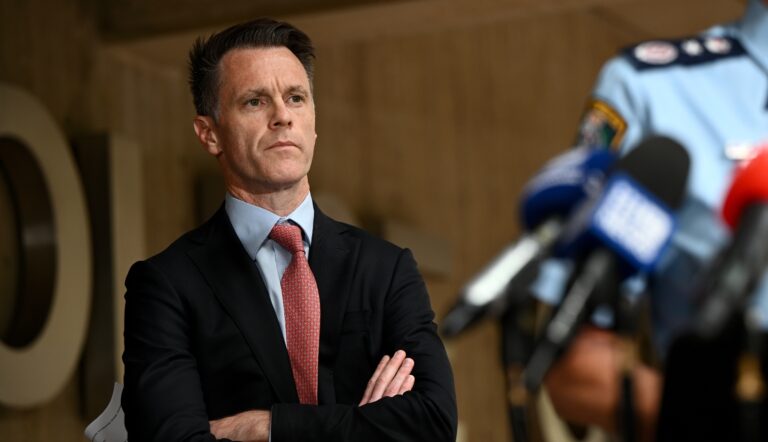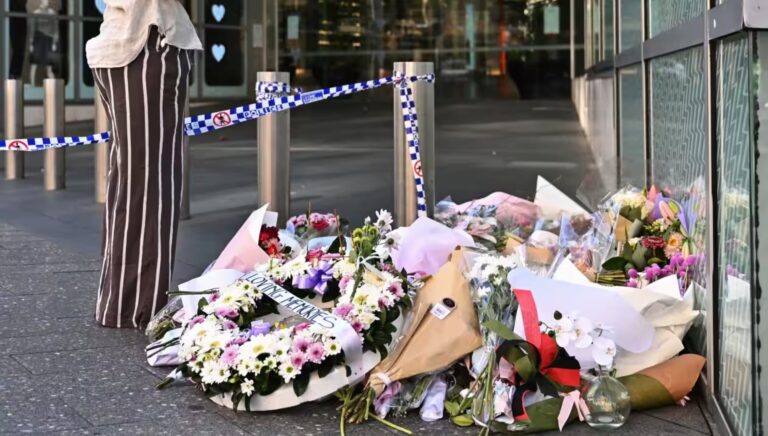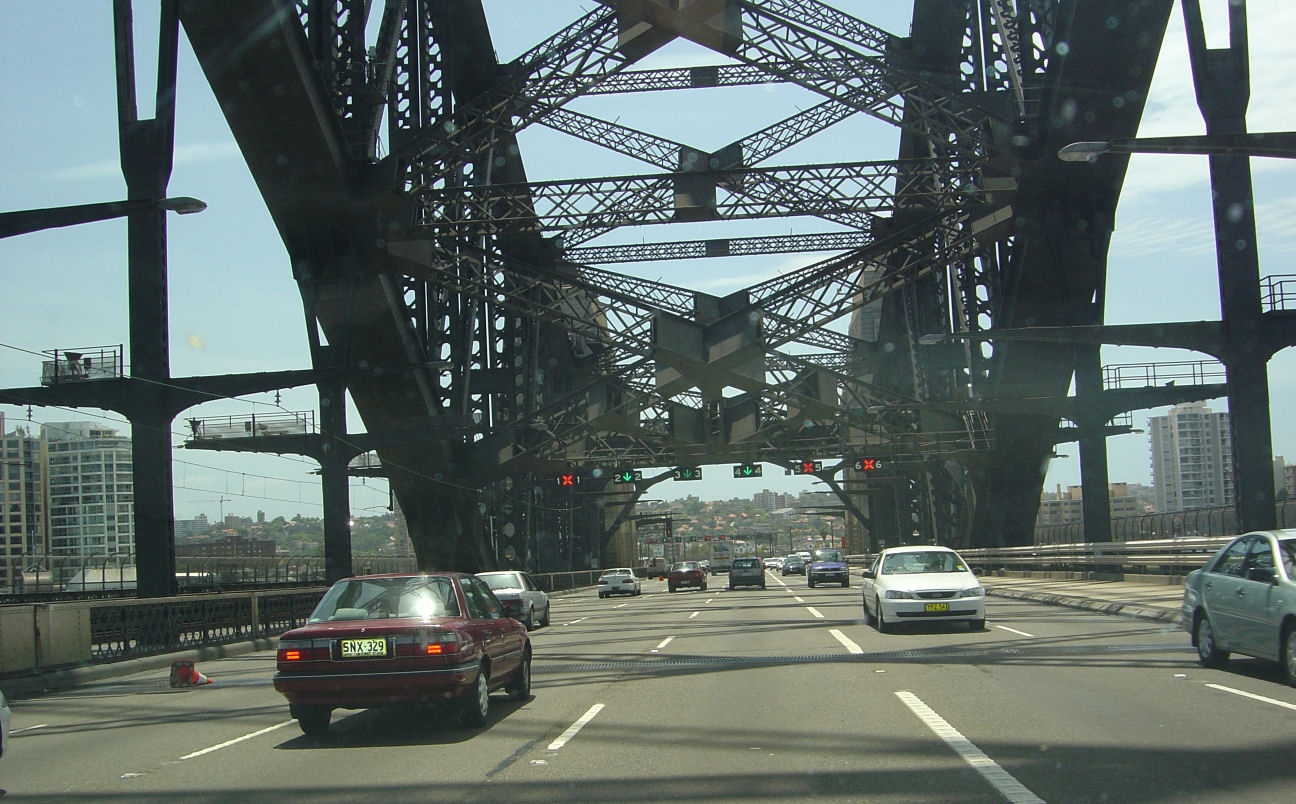
Calls for more police oversight following Jenny Leong trolling scandal
BY CHRISTOPHER HARRIS
Complaints of alleged ‘online abuse’ by NSW Police towards Greens MP Jenny Leong have been made to the Police Integrity Commission.
There may also be an internal police investigation.
It follows revelations that NSW Police Officers left racist and sexist comments directed at the member for Newtown on social media.
Following the scandal, the Greens MP received support from the Acting Deputy Police Commisioner as well as the Police Minister.
Ms Leong took to Facebook on Monday evening and thanked people for their expressions of solidarity and positive messages of support.
“We welcome the comments that have been made by the Police Minister and Acting Deputy Police Comissioner yesterday as a first step to show that they are taking the matter seriously.”
“As has been reported we have also referred the matter to the Police Integrity Commission,” the Facebook post said.
Senior solicitor at Redfern Legal Centre, David Porter said Ms Leong’s complaint was very serious, but investigations carried out by the Police Integrity Commission were rare.
Mr Porter said that of the roughly 3,500 complaints made about NSW Police in a year only 12 to 20 would be investigated by the NSW Police Ombudsman, one statutory authority charged with the responsibility of investigating allegations of police misconduct.
He said in NSW, only complaints of extreme seriousness are referred to the Police Integrity Commission or the NSW Police Ombudsman because both authorities lack the funding to conduct investigations.
He said as a result, NSW Police typically conduct their own investigations into complaints.
It is common that officers at a Local Area Command would investigate fellow colleagues at that station.
He said then it would be up to that Local Area Command’s Superintendent to decide what disciplinary action would be appropriate based on findings.
He said that funding for the Police Integrity Commission was insufficient for them to address the number of complaints.
“We give them some funding, but a long list of things to do under the statute, meaning the outside agency doesn’t have the budget to conduct lots of investigations.”
There were plans to change how police handles complaints last year, when a report recommended abolishing the Police Integrity Commission as well as the Ombudsman and replacing these agencies with a new authority, to be called the Law Enforcement Conduct Commission.
The report recommended that the NSW Police Force retain responsibility for investigating critical incidents, and allow the new commission to monitor these investigations.
But Mr Porter said that a new organisation would not solve the problem of lack of oversight.
“There is an overwhelming tendency to give agencies broad powers and responsibilities and not give them the budget; it has been an historic pattern in NSW.”
Mr Porter said that the widespread practice of colleagues investigating colleagues from the same local are command had detrimental effects for the police.
He said that there were serious problems with colleagues in the same station investigating one another, namely because of the tension that creates in the workplace.
“One thing that the lack of resources for independent investigation does is it introduces a lot of tension into the police force, because officers are required to investigate colleagues.” He said that the problem with this was also highlighted in the bugging scandal between Deputy Commisioners Catherine Burn and Nick Kaldas.
NSW Police were contacted for comment but did not respond to City Hub’s enquiries in time for print.









